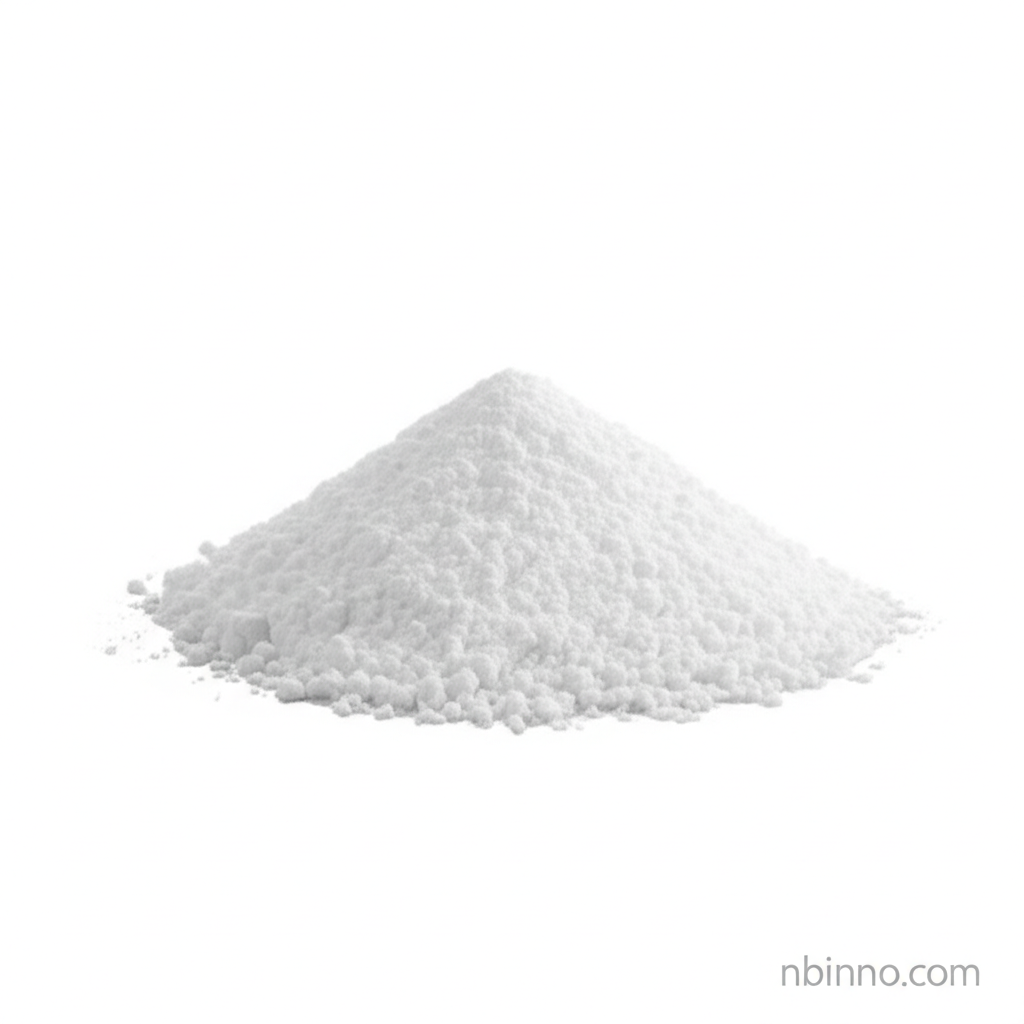Allopurinol: Your Solution for Gout and Uric Acid Control
Discover the efficacy of Allopurinol in managing gout and reducing uric acid levels for better health.
Get a Quote & SampleProduct Core Value

Allopurinol
Allopurinol is a critical pharmaceutical intermediate and active ingredient designed to effectively manage gout and hyperuricemia. By inhibiting xanthine oxidase, it significantly reduces the body's uric acid production, providing essential relief and long-term health benefits for individuals suffering from chronic gout, kidney stones, and other conditions associated with elevated uric acid levels.
- Leverage Allopurinol for gout treatment to significantly reduce painful inflammatory responses in the joints.
- Understand the uric acid lowering therapy benefits, which help prevent the formation of uric acid crystals and subsequent joint damage.
- Explore how this potent xanthine oxidase inhibitor works by targeting the root cause of high uric acid.
- Gain insights into the optimal allopurinol dosage and side effects to ensure safe and effective use under medical guidance.
Key Advantages of Allopurinol
Comprehensive Gout Management
Allopurinol effectively manages chronic gout by consistently lowering uric acid levels, thereby preventing future attacks and joint deterioration.
Kidney Health Support
It plays a crucial role in preventing uric acid kidney stones, safeguarding kidney function for patients at risk.
Therapeutic Versatility
Beyond gout, Allopurinol is utilized in managing elevated uric acid levels associated with specific cancer treatments, showcasing its broad therapeutic application.
Key Applications
Gout Treatment
A cornerstone in the long-term management of gout, reducing the frequency and severity of painful attacks.
Hyperuricemia Management
Effectively controls high uric acid levels in the blood, a precursor to various health issues.
Kidney Stone Prevention
Helps prevent the formation of uric acid kidney stones by reducing overall uric acid concentration.
Cancer Treatment Support
Used to prevent uric acid build-up, which can occur as a side effect of certain cancer therapies.
